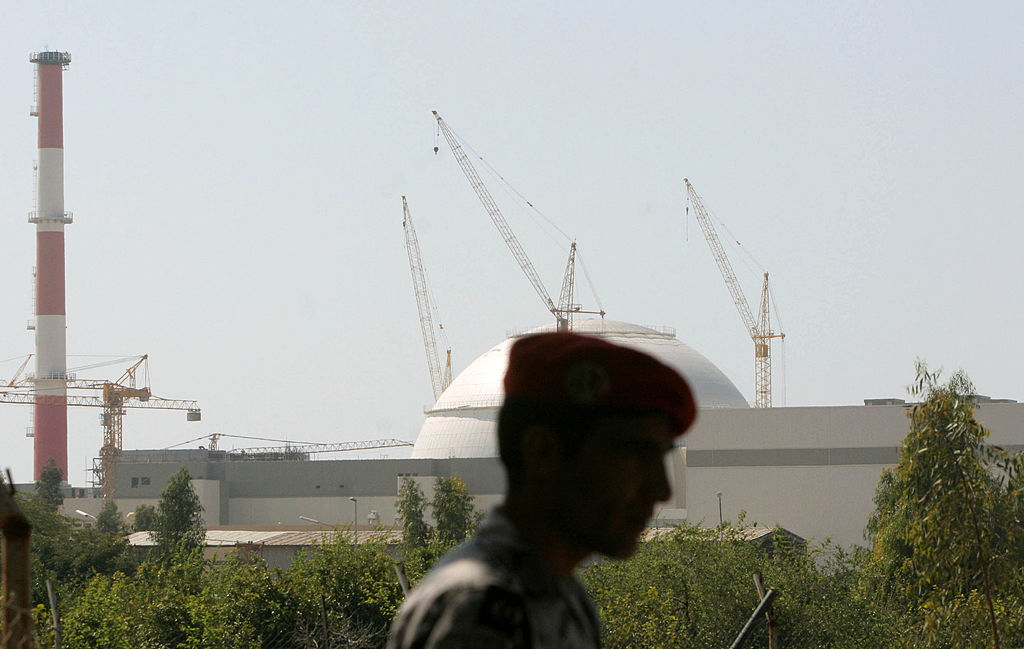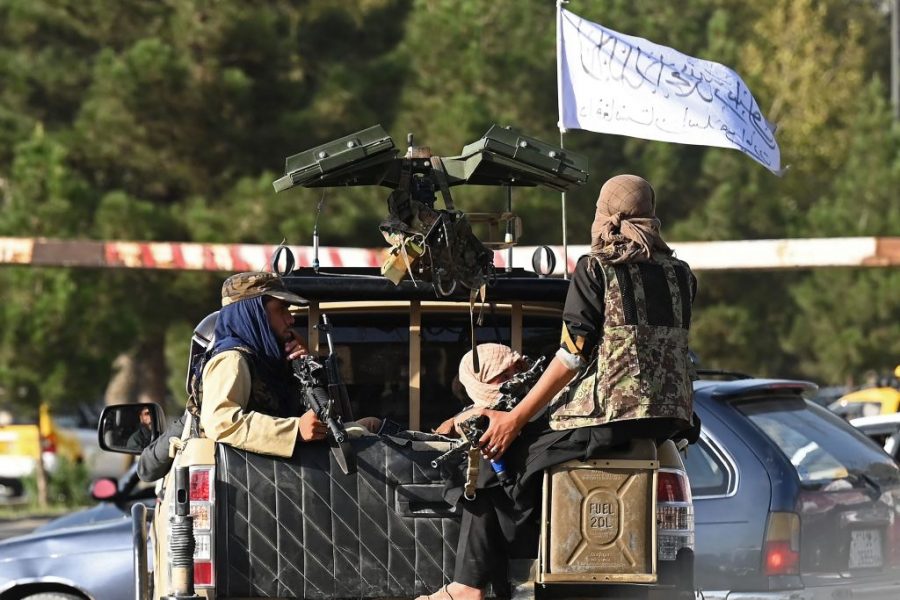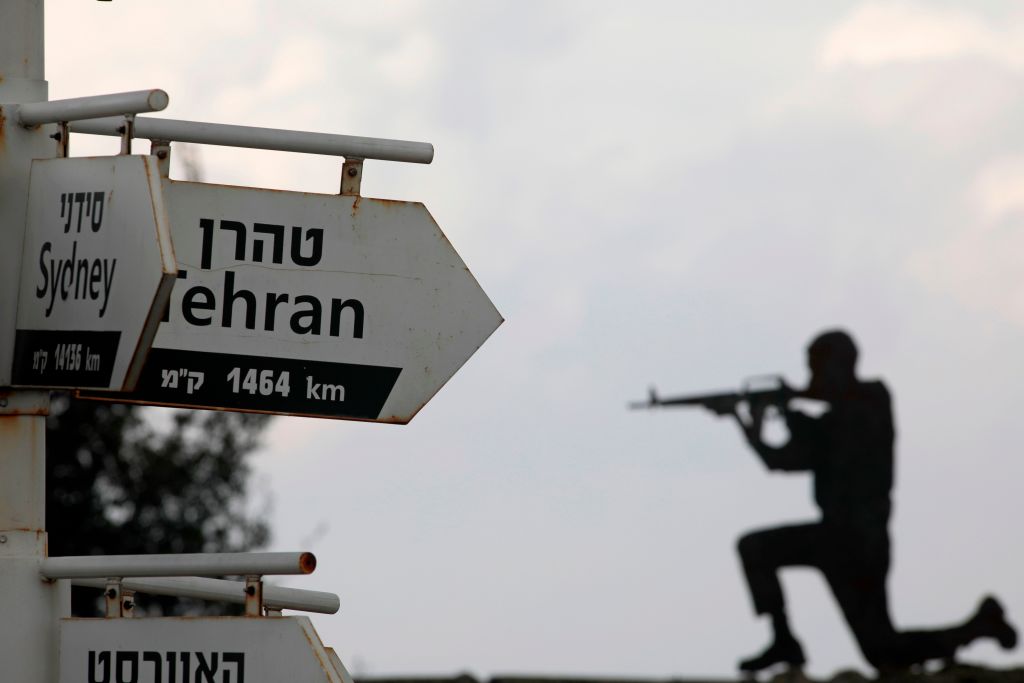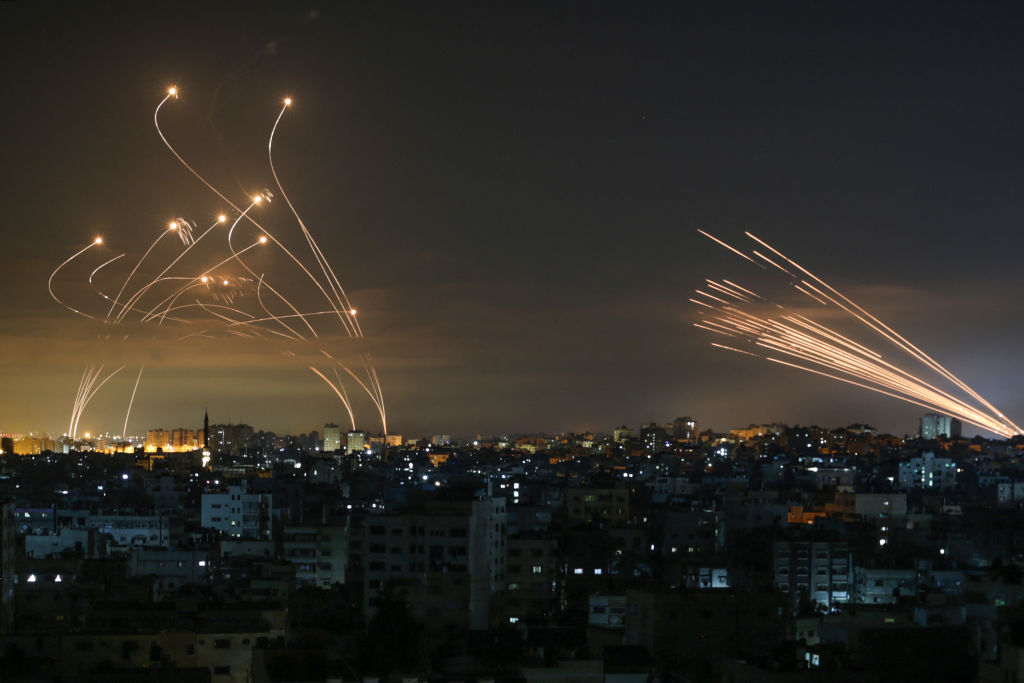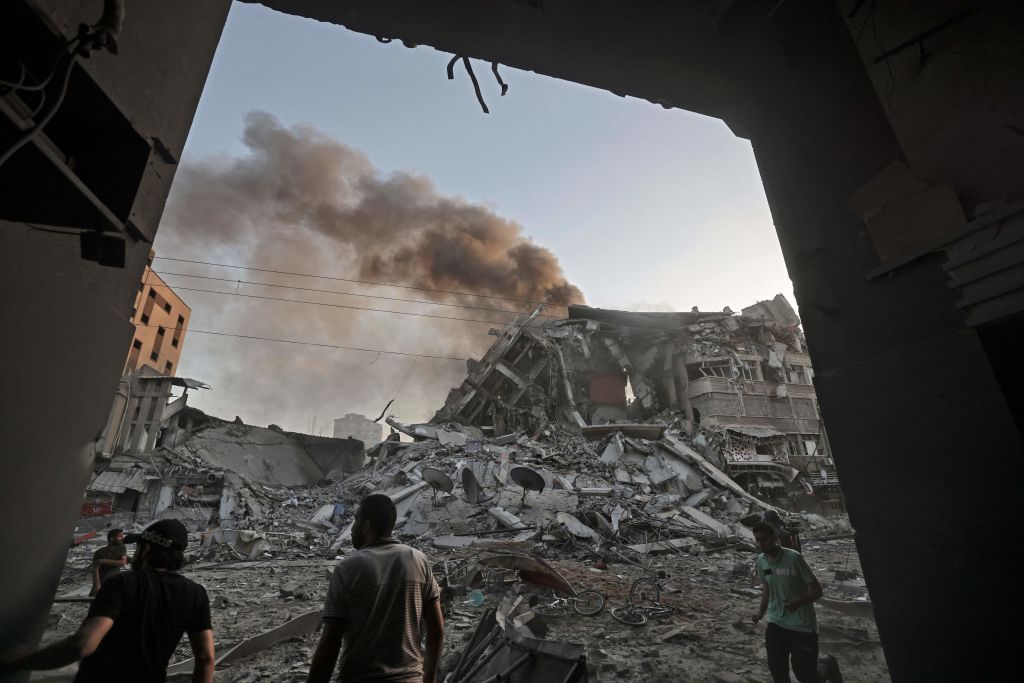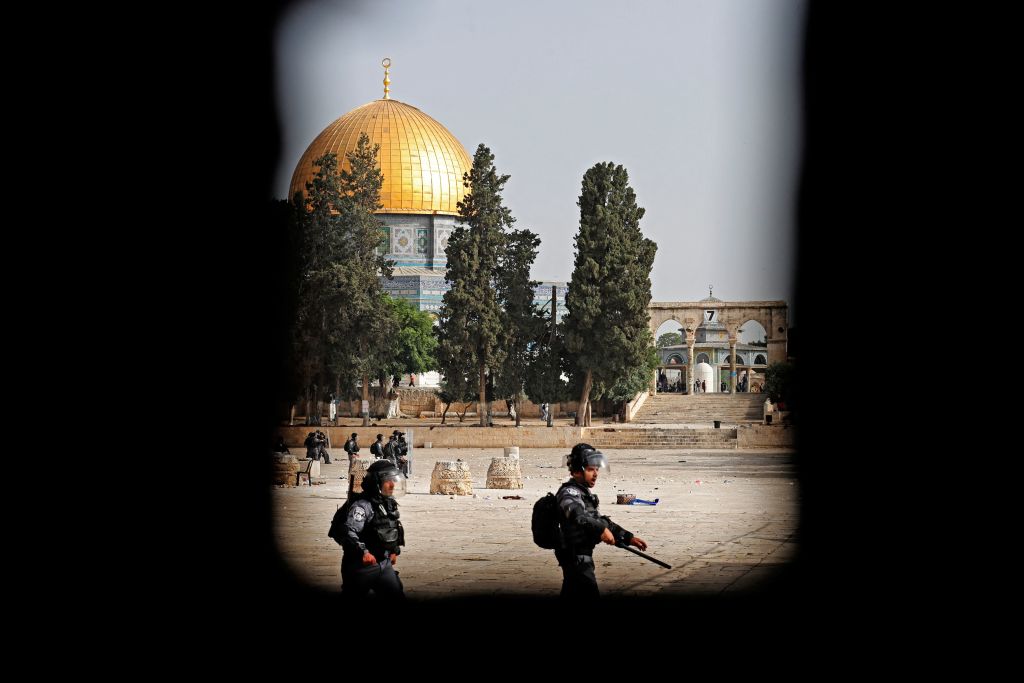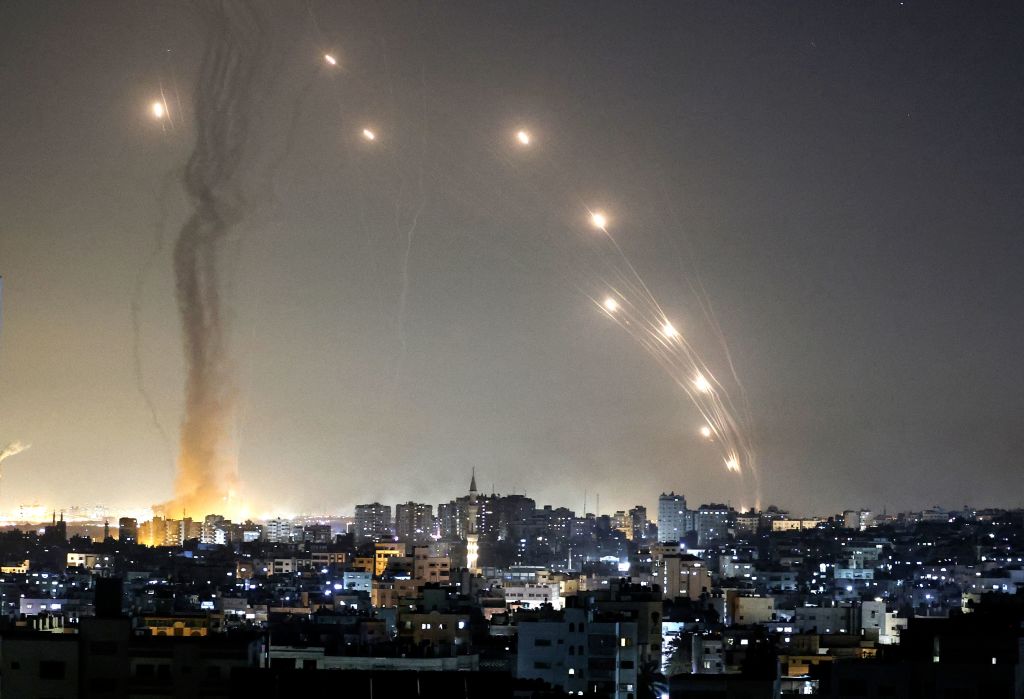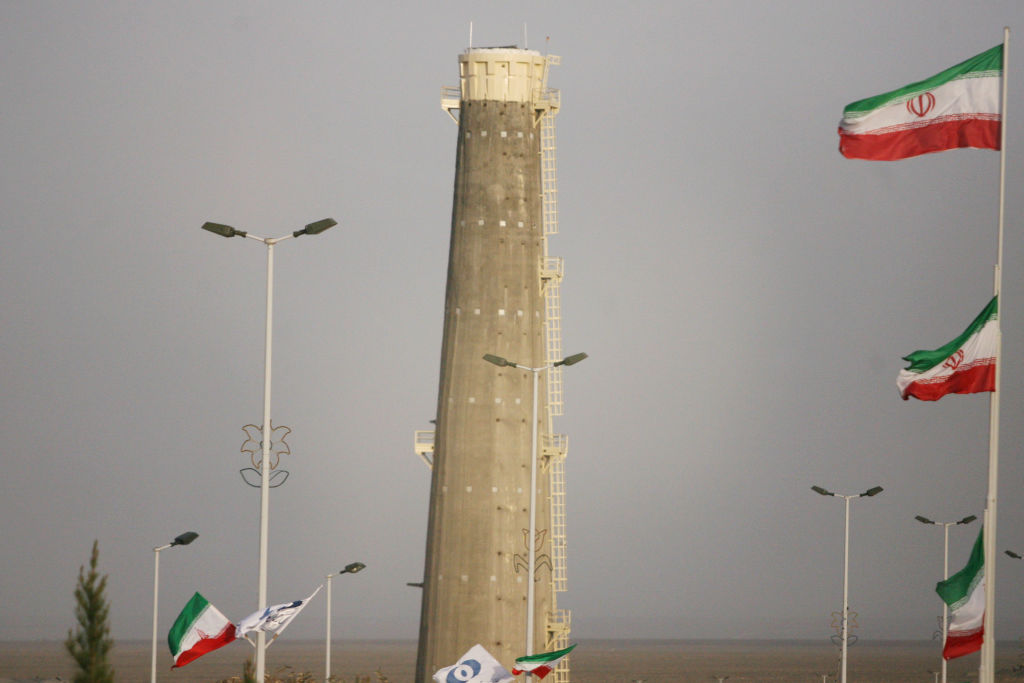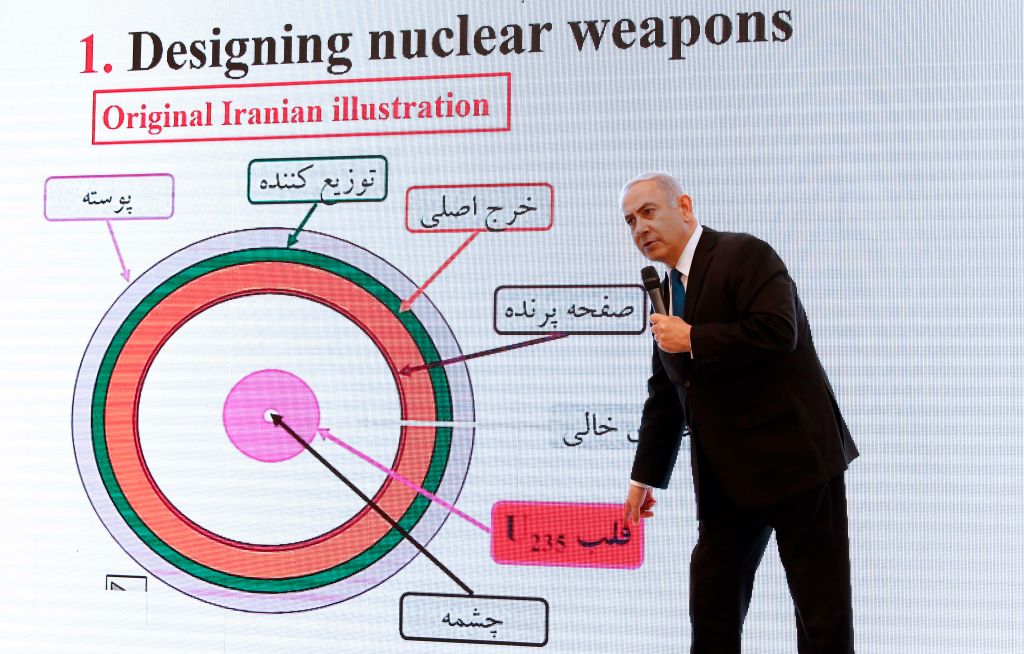Signs of stability and potential conflict amid revived Iran nuclear talks
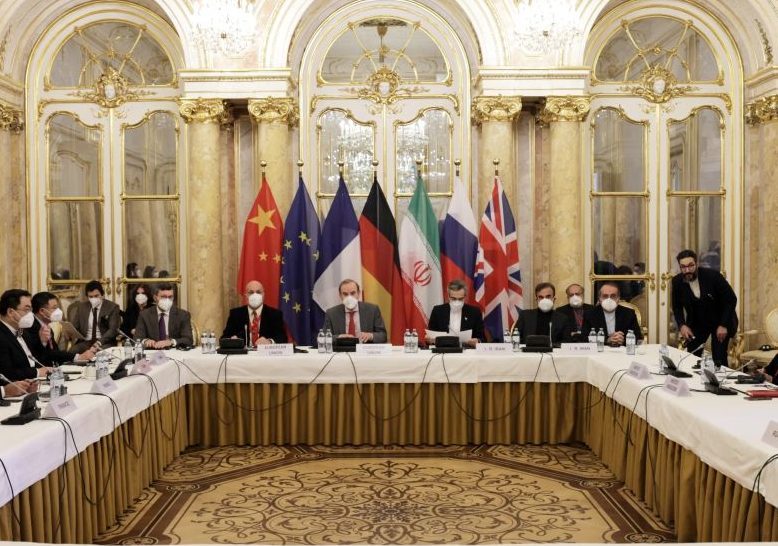
As the year draws to a close, the Persian Gulf region as a critical component of the wider Middle East remains in the throes of certain shifts towards relative stability and potential conflict. Relations between the northern and southern zones of the Gulf appear to be improving. Yet tensions between Iran and Israel and between the US and Iran are on the rise. Whether they develop into a confrontation will depend on the outcome of the Vienna negotiations to revive the 2015 Iran nuclear agreement (the Joint Comprehensive Plan of Action, or JCPOA).
The US’s Afghanistan fiasco has pleased Iran but alarmed its Arab neighbours. While uncomfortable with the return to power of the Pakistan-backed, extremist Sunni Islamic Taliban, the leadership of the predominantly Shia Islamic Iran could not but view the US defeat as a serious blow to America’s ‘hegemonic’ presence in its neighbourhood. It has emboldened the new, hardline President Ebrahim Raisi to drive a tougher bargain in the Vienna negotiations.
This development, plus the indirect US–Iran talks to rejuvenate the JCPOA, has led Washington’s regional Arab allies to wonder about America’s role as a security provider and Israel to worry about any possible breakthrough in Vienna that could benefit its arch foe. Israel abhors Iran’s nuclear program and defence capability as well as its regional influence from Iraq and Syria to Lebanon and Yemen. Like US President Joe Biden’s administration, the Saudi leadership and some of its partners in the Gulf Cooperation Council share Israel’s concerns but view diplomacy as the best option for the time being.
Concurrently, there are fresh efforts afoot to improve relations between Iran and Saudi Arabia and its allies in the GCC, the United Arab Emirates in particular. Mediated by the Iraqi government, over which Tehran’s influence stands high, a Saudi–Iran dialogue has resumed for possible restoration of ties, which Riyadh severed in January 2016, accusing Tehran of predatory behaviour in the region. This comes against the backdrop where neither Saudi pressure nor that of former US president Donald Trump—who withdrew the US from the JCPOA in May 2018, imposed severe sanctions on Iran and vigorously pursued an anti-Iran Arab–Israeli front—paid off. Tehran managed to weather the pressure by strengthening its relations with Russia and China and through other counter-containment measures. Riyadh and Tehran now seem to be prone to reaching a modus vivendi as an alternative to the hostility that has not advantaged either side.
The same goes for Saudi Arabia’s close GCC partner and growing economic competitor, the UAE. Despite its strategic ties with the US, as in the case of Saudi Arabia, and normalisation of relations with Israel since last year, Abu Dhabi has lately sought to assure Tehran of friendly relations. Its national security adviser’s recent visit to Tehran underpinned this development. In the process, the UAE’s position as Iran’s leading trading partner has been instrumental.
Concurrently, Saudi–UAE relations with Turkey, which is a close ally of Qatar and has good neighbourly relations with Iran despite their differences in Syria, seem to be an upward trend. All parties have lately made friendly overtures, despite the killing of the Saudi journalist and Washington Post columnist, Jamal Khashoggi, by Saudi agents in October 2018, remaining a point of contention in Ankara’s dealings with Riyadh.
However, these hopeful signs are balanced by two countering developments. One is the rising tension between Iran and Israel. Israel is opposed to revival of the JCPOA on the grounds that the agreement in any form wouldn’t necessarily halt Iran’s efforts to become a military nuclear power, despite Tehran’s repeated denial. It wants to preserve its status as the only actor with nuclear weapons in the Middle East. The new, right-wing Israeli prime minister, Neftali Bennet, like his predecessor, Benjamin Netanyahu, has warned the Biden administration that, if necessary, Israel will act alone to destroy Iranian nuclear capability.
The other is that Israel’s burgeoning strategic ties with the UAE and Bahrain (both backed by Saudi Arabia) attest that these Arab states still regard Iran as the main threat. In confirming this threat, de facto Saudi ruler Mohammad bin Salman unprecedentedly declared at the mid-December GCC summit that an attack on one of the organisation’s members was an attack on all.
Meanwhile, Israel and the GCC states—minus Qatar, which has good working relations with Iran and strategic ties with Turkey—are very watchful of the outcome of the Vienna negotiations. The JCPOA’s future hangs in the balance.
The Raisi administration has hardened its position compared to that led by moderate and anti-extremist Hassan Rouhani. In return for Iran’s full compliance with the agreement, it has demanded that all US nuclear-related and non-nuclear-related sanctions be lifted, US$10 billion in frozen Iranian assets be released and a guarantee be given that subsequent US administrations won’t violate the agreement as Trump did.
The US has insisted on mutual compliance based on America lifting only the nuclear-related sanctions (not the sanctions related to human rights and terrorism) stage by stage as Tehran demonstrates its compliance. Washington and its European allies and signatories to the JCPOA—the UK, France and Germany—have claimed that Tehran is basically playing for time to enable it to go beyond its current level of 60% uranium enrichment (way above the 3.7% permitted under the JCPOA) to more than 90% for weapons production.
At the same time, Biden and Raisi are under pressure to reach a deal for different reasons. Biden wants to reduce America’s preoccupation with Iran in favour of focusing on more pressing domestic issues and competition with China and Russia. He doesn’t want to get the US involved in another Middle East conflict. Raisi knows that while the Iranian state has survived the sanctions, Iranian society has paid a heavy price for it. It would be remiss of him to overlook either this issue and or the shrinking popular base of the Islamic regime. He is also urged by Iran’s two powerful supporters and signatories to the JCPOA, Russia and China, to reach a deal.
The question of whether a revised JCPOA deal eventuates will be crucial to the prospects of peace and conflict in the Middle East. If the Vienna talks fail, Washington has said that all other options, including military action, are on the table. Israel couldn’t be more pleased with such an outcome. The prevailing situation is pregnant with both hopeful signs and potential for conflict in the Gulf. If it ends up in a conflict, it would be very costly not only for Iran but also for the entire region. Tehran has the capability to turn a military assault on it into a regional inferno.

